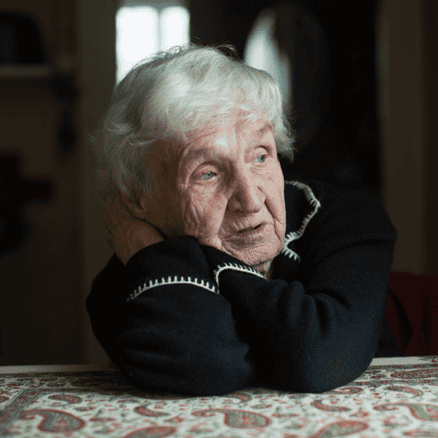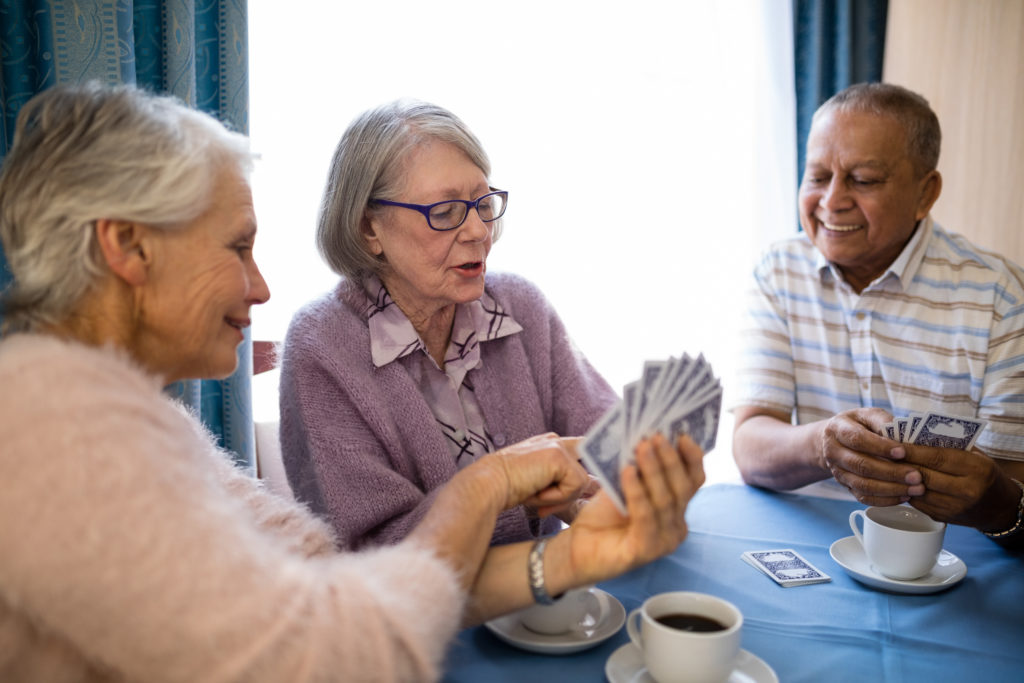Health & Wellbeing

Whilst many older people do have much-needed contact and support, many are still feeling isolated. Many people experience cumulative losses that affect their mental wellbeing leaving them more vulnerable.

Age UK estimates that two million people in England over the age of 75 live alone. More than one million go for more than a month without speaking to a friend, neighbour, or family member. The effects of loneliness and isolation can be as harmful to health as smoking 15 cigarettes a day. Feeling lonely can be very distressing.
Here’s some advice to reduce those feelings of isolation.

1. Stick to a routine
Not being able to do your usual activities can be frustrating, but that doesn’t mean you can’t create a new routine for this temporary period. Try and get up at the same time each day and plan the tasks that you’re going to do. These could include household chores, but make time to relax and for hobbies too. And don’t forget to eat three meals a day. While it’s important to keep up to date with current affairs, constantly watching the news can increase feelings of anxiety. Try to only check it once a day and stick to reliable news sources such as the BBC, or use the NHS website for health advice.
2. Pay attention to your thoughts
Negative and one-sided thoughts can make the experience of loneliness worse, so a pivot away from them may be a good first step.
3. Learn to love computers and technology
Texting, video calls or onine games can complement seeing family and friends in person. A phone call from a landline, that rarely seems to ring anymore, can seem very special. Or use a video-calling platform such as:
- WhatsApp – One of the most popular messaging apps around is also great for making audio and video calls. These use data, so if you’re not on a wi-fi connection, keep an eye on your use to make sure you don’t end up with unexpected charges. Another big benefit of WhatsApp is that calls cost the same (in terms of data use) wherever in the world you are – so it’s a great option for staying in touch. If you don’t have WhatsApp already, it’s free to download from the App store for your phone. To message or call people, they need to be saved as a contact on your device, and also need to have WhatsApp installed. You can also access WhatsApp on a PC using the WhatsApp web service. One drawback to WhatsApp is that you can’t call numbers that aren’t in your contacts list on your phone (and who don’t have WhatsApp installed), this also includes landlines.
- Skype is a free-to-download app that lets you call other Skype accounts for free. Once you’ve signed up using your email address, you can begin building your Skype address book. This service also lets you send regular texts, pictures and videos. Unlike WhatsApp, you can call landlines or numbers for people who aren’t running Skype too, but you’ll need to add credit to your account to do so. Calls can be fairly cheap – Skype says you’ll get around 500 minutes of call time to UK numbers from £10 of Skype Credit.
-
Libraries and community centres often hold training courses for older people to learn computer skills. They are also a good place to meet and spend time with others.
Age Action offer free training on computers, tablets and smartphones to people over the age of 55.
4. Get Active Indoors
During the pandemic, the elderly were encouraged to stay indoors. Now it couldn’t be more important to get outdoors as much as you can. Exercise can lift your mood, reduce stress and encourage the release of the body’s feel-good chemicals called endorphins. There are home exercises you can do which focus on flexibility, strength and balance, and some can be carried out from a sitting position.
They may be really missing their local walks and popping to the shops. Keeping active is vital for all of us, to stay healthy mentally and physically. There are some great online classes tailored just for them:
- NHS Fitness studio
- Joe Wicks has a class especially for seniors, take a look.
If their mobility is limited, chair exercises and getting out in the garden if they can are good.
5. Look for new connections in your community
Getting to know your neighbours has perhaps never been more important. It can be really reassuring knowing there’s someone close by, who can help you if you need support. Make sure you have up to date contact details for the people who live in the houses closest to yours. It might be worth putting a note with your telephone number through their letterbox. You could also look to join social media platform Nextdoor, which will let you see who in your local area has made themselves available to help neighbours. There are lots of people willing to provide errands such as going to the shops on behalf of older people or those with underlying health issues.
During this time neighbourhood support schemes can come in handy. Local councils and the Government are also coordinating support for the vulnerable and over-70s.
6. Join a new group
Make new connections This could turn out to be a great time to make new friends. As well as using social media to renew contact with old friends, there are also many specialist groups on Facebook for people to join. For example, if you enjoy gardening, the Which? Gardening Facebook group is a great way to chat online with other green-fingered enthusiasts. If you love cooking there are some other groups such as Smitten Kitten on Facebook, this shares fabulous pictures of delicious food and may encourage your loved ones to get cooking again. There are many more exciting social media sites to follow.
Further reading: New Activities ideas for the Elderly and those with Dementia
7. Ask for Help
This may seem the most obvious but it is often the hardest thing to do. Your relative may not want to burden you with their worries about loneliness and it may be easier to talk to an objective, friendly volunteer.
Call Silver Line: 0800 470 80 90 For practical information and advice.
Call Age UK: 0800 169 65 65 for help. Age UK also has a Age UK Befriending Service, which is such a brilliant idea., ‘A friendly chat when you need it’. It’s a free telephone service for people over the age of 60. The charity will match you up with a like-minded person who’s keen to make a new friend. Each week, they will give you a call. It may take a little longer to match you to a volunteer at the moment, but it’s well worth signing up.
